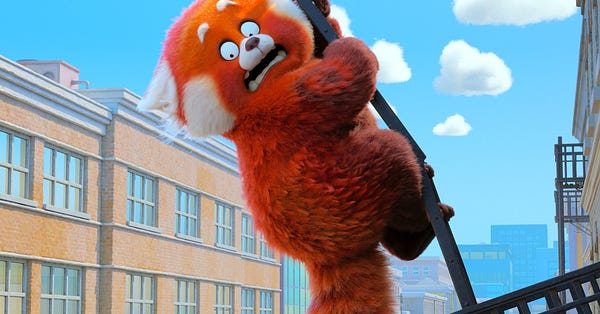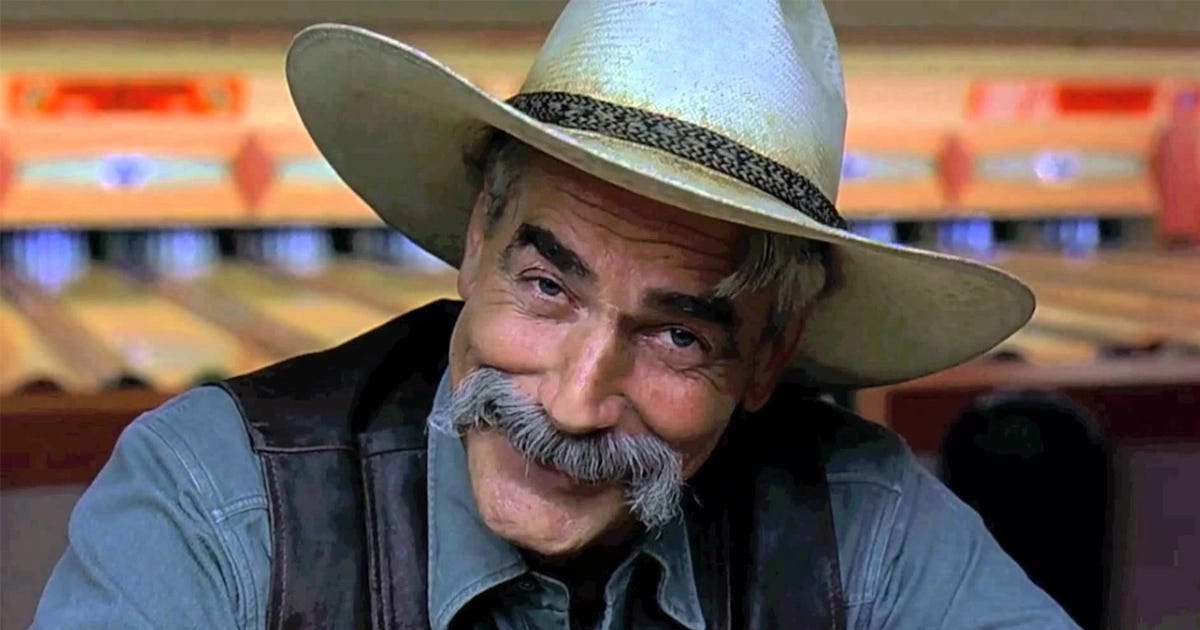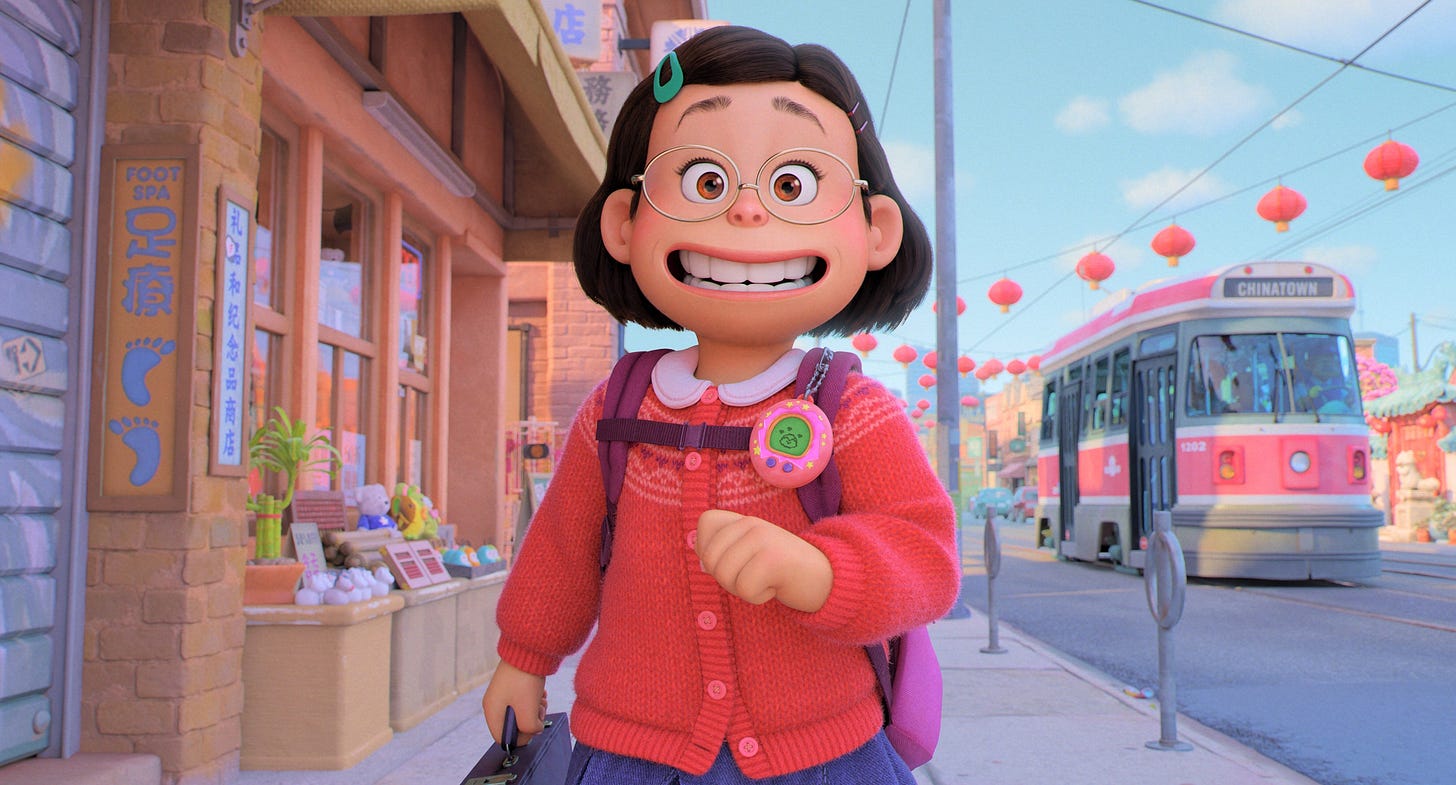The Internet is one big comments section itself. By its nature, it nurtures conversation with the power and freedom to do so. But it’s hardly digestible because that conversation is grown by people you wouldn’t want to sit next to at the bus stop. The next thing you know, the people sharing that bus will see you as the tyrant who wants to abruptly stop during its usual route, because it is stuck in excessive traffic and you are loudly complaining about the gridlock.
Sam Elliot is hardly a conservative. He’s a Hollywood-and-Democrat-as-usual type. At least, that’s what a lot of people would think, except he’s confused as a right-winger by two types of people: boomers who use his appearance as The Narrator in The Big Lebowski to make their points on Facebook, and a younger cohort, who thinks that slamming The Power of The Dog for being an inauthentic Western is akin to casual bigotry. At least that’s the comments the 1883 actor made on Marc Maron’s podcast. You can listen to the relevant excerpt here:
Jane Campion was quick to respond, by calling him a “B-I-T-C-H”. Meanwhile, the actors in that film didn’t want to respond whenever it was brought up. Benedict Cumberbatch says “he didn’t want to draw any attention to the comments” and Kodi-Smith McPhee chooses to say nothing by saying “he’s a mature being and I’m passionate about what I do.” Instead, many commentators gallantly defended them in their honour. One op-ed in The Guardian condescends to Elliot by saying “he doesn’t do his research” because it is a meaningful queer movie.
The backlash to his comments comes from several presumptions: it was sexist for Elliot to accuse Jane Campion (a woman hailing from New Zealand) of not knowing what Montana is and how to shoot it in the norms of the Western genre1. Another assumption is that it’s homophobic of him to say that Benedict Cumberbatch “never got out of his [....] pair of chaps” or “got out of his horse”. Also, the author who wrote the book that the film is based on happens to be gay. Then there was the claim that he was being chauvinistic for implying that The Power of the Dog dispels the American myth.
For what it’s worth, I actually liked The Power of the Dog quite a bit. Although the story had a very predictable narrative and obvious themes, it does brings a lovely performance from Benedict Cumberbatch who plays a character who certainly has reservations about himself (hence the inauthentic part of the movie). The overall cast is pretty good. I was surprised that it doesn’t end neatly and instead made its overarching narrative more simplistic didn’t detriment my overall viewing, even if it stuck out like a sore thumb. But I will concede that Campion did not add anything unique to the Western landscape, which is weird because she was pretty good at doing that (I recommend that you check out The Piano, which scored Anna Paquin an Oscar for Best Supporting Actress).
The Power of the Dog is not the first gay cowboy movie, nor will it be the last. It isn’t the first time a Western tried to seek out deconstructing the story of America. While it’s not the best out of those aspects, it certainly has its merits that makes it unique. So while Elliot is wrong, the pushback presumes there is deeper and shocking bigotry in a rather anodyne talk, when there isn’t.
Elliot, a veteran in the Western genre, didn’t make Campion’s gender relevant. In fact, he actually says that he loves her filmmaking, but rather judged her artistic ability to film Montana, which fails below his standards. He didn’t buy Cumberbatch in the role. More importantly, he was complaining about a For Your Consideration advert that made the American myth comment from a review of the Los Angeles Times, as shared upon by much of the adoring critical consensus. If anything, his hunch is with the campaign than the product.
There is this weird issue of people being personally offended by their favourite things criticized with the refrain ‘let people enjoy things. Of course, it’s unfair to call anyone who enjoys Run Hide Fight a chud, because they subscribe to The Daily Wire. But it’s not in good faith to think that Martin Scorsese is taking away your toys for saying that Marvel movies are theme parks rather than cinema. Neither is it right to say that a critic must respect a movie as if it’s an ESG inspection.
This brings us to a review of Pixar’s Turning Red, and Film Twitter of all spades condemned it to death. You see, Turning Red is about an Asian Canadian girl. It is made by an Asian Canadian woman, for Asian Canadians. That is at least, what the review, initially published in CinemaBlend by Sean O’Connell, explicitly states. He openly says he is not part of that audience, but he might as well explain why it wasn’t good. That is the fundamental problem of the review. It presumes that the audience might as well be Asians because there the main artistic thrust is driven by them, hence giving up the critical faculties that you are paid to do if you’re aren’t part of it. If you are part of the audience it’s catering to, then it must be good (for them). Whether or not this logic was established by O’Connell in order to nip the racism bud, it is certainly constraining him to laziness.
In an ideal world, that would be the driving force of the controversy. The voice actor Rosalie Chiang says it’s meant to be universally appealing. Naysayers have affirmed his point of view, claiming that he was a bigot towards Asians. Inevitably, they ask him to be fired from his job. If the problem isn’t with O’Connell, the man who chose to write this review without any consideration, then it’s the idea that any criticism of a movie, particularly made by a minority is a roadblock to progress. As a consequence, this can make for dumb praise like The A.V. Club’s review.
In the 633 words that could give James Lindsay a massive conniption, Martin Tsai says it is great because it is purely Asian. More so than “Up which offers only limited details about its pint-sized Asian-American protagonist Russell, and Crazy Rich Asians, which is considered erasure by our authoritative voice”2. It “not only aces the Bechdel test, but it also scores high on the Harold & Kumar test. (Asians and tests! A match made in heaven!)” [Keep in mind, I did not write those brackets]. Therefore it is a welcome respite for anti-Asian hate.
I wrote before about how websites handle rabid fans and I stand by it:
Nevertheless, this is a specific type of cancel culture that should be called out, with no exception. While it’s interesting to see that a website concedes that such a concept indeed exists yet oddly handwaves it to their predetermined narratives, it’s clear this kind of mob rule would be bad for business. No doubt there are ten terrible fans in every entity you consume, but if it takes that many people to change the editorial guidelines, writers should develop the courage to move on.
Writers should develop a thicker ability to withstand criticism. Editors shouldn’t be surrendering to mobbish fans from critiques and throw the people they assigned to review things in the first place under the bus. Sam Elliot will still be Sam Elliot, but a reviewer of Turning Red won’t be, because he has fewer chances of redemption under the tweeter’s eye.


One remedy that a lot of people will make, who were baffled by the popularity of both these pieces is that you must encourage people to have good pieces instead. Whether it’s a writer that they personally know or interacted with, I’m not so sure, because, for those people, it requires utilizing a shoddy ideology that spawned those reviews, rooted in shallow validation that sees representation as a substitute for crafting worthwhile aesthetics.
As an Asian-Australian, to quote Kodi-Smith McPhee, good luck with that. Instead, let me redirect you to Roger Ebert defending the makers of Better Luck Tomorrow at the Sundance Film Festival from criticisms that a movie about Asian-Americans, directed by an Asian-American, is amoral to Asian-Americans. The most important part wasn’t really about Asian representation we know today, but that it requires the freedom for them to make the film as they please. God, I miss that dude.
Keep in mind. In the podcast that I linked to, Elliott says that he is a fan of Jane Campion.
To grasp how huge the gap of cognitive dissonance is, Up is about an old man who lost his wife, with a sidekick who's race is incidental to the story. Crazy Rich Asians had an all-Asian cast and because of that, it’s referred to as their Black Panther.





